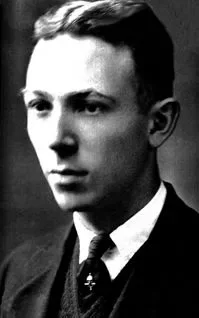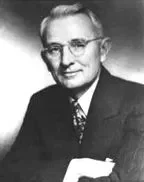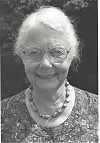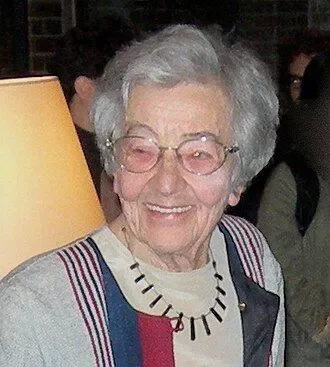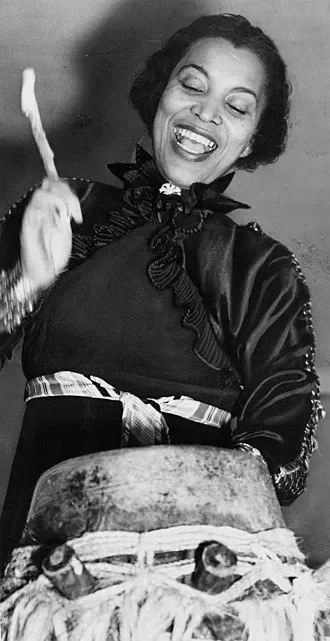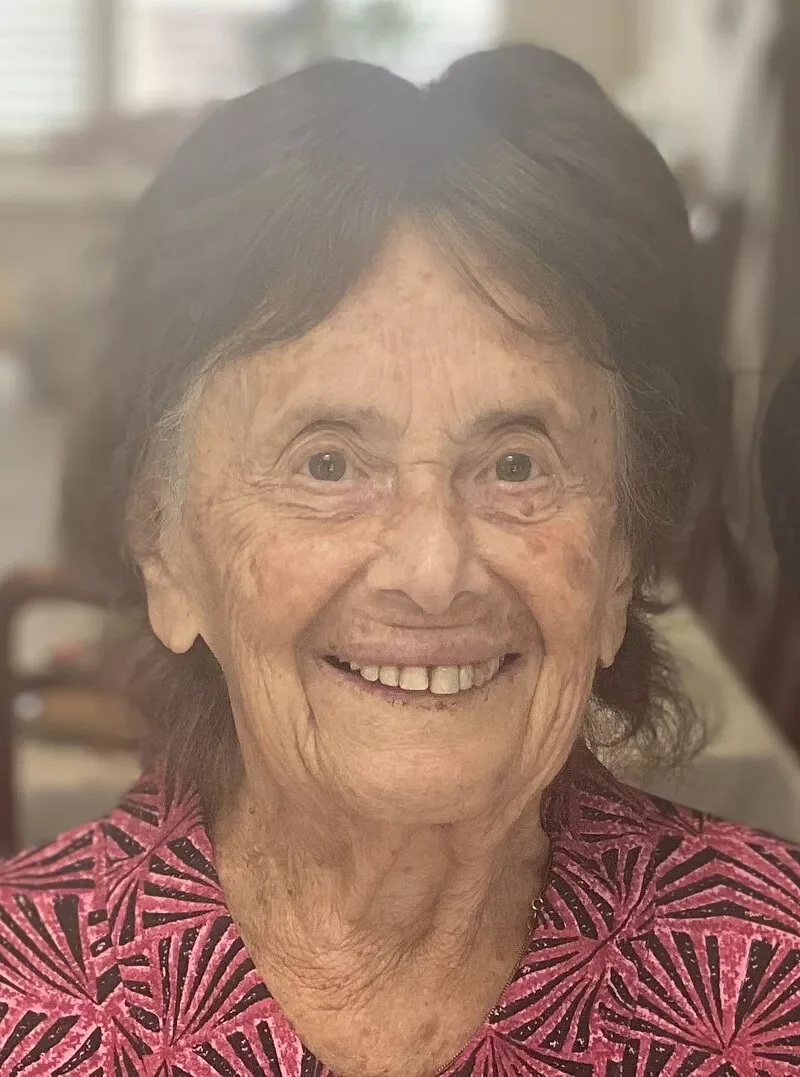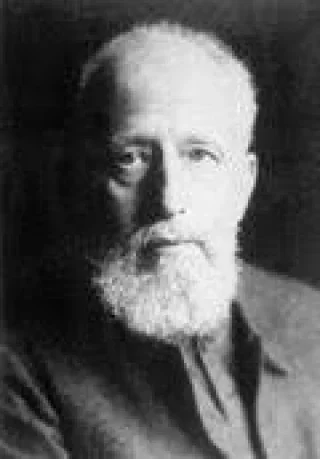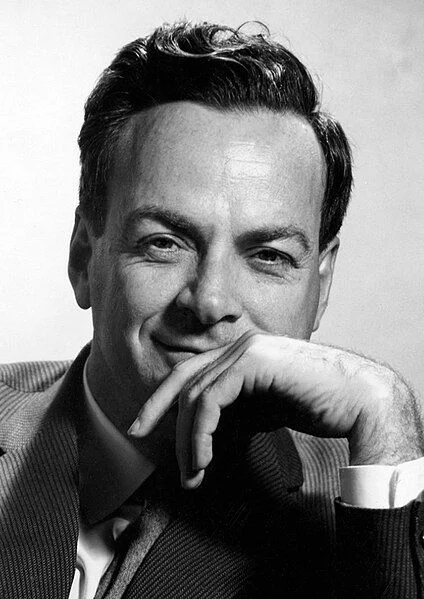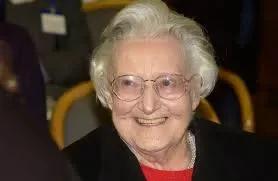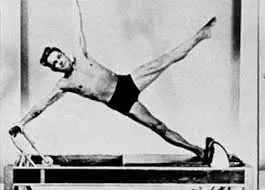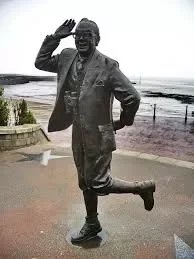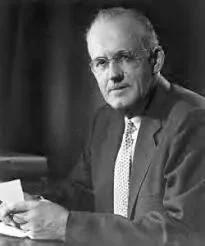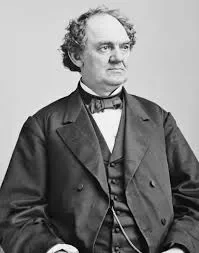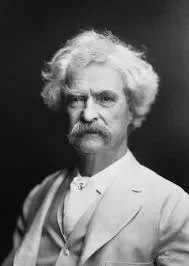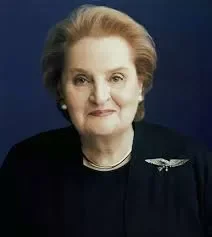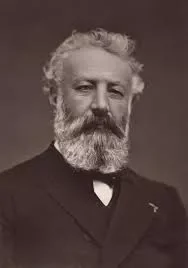Real Celebrities Never Die!
OR
Search For Past Celebrities Whose Birthday You Share
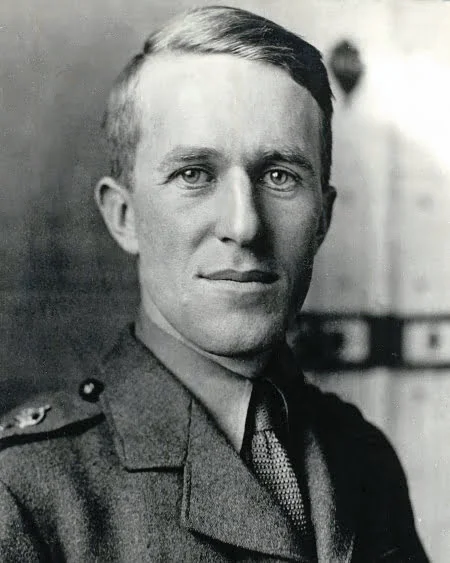
source:wikipedia.org
T.E.Lawrence (Lawrence of Arabia)
Birthday:
16 Aug, 1888
Date of Death:
19 May, 1935
Cause of death:
Accident
Nationality:
British
Famous As:
Archaeologist
Age at the time of death:
46
T.E. Lawrence's Quote's
Early Education and Academic Pursuits
T.E. Lawrence, widely known as Lawrence of Arabia, was born on August 16, 1888, in Tremadog, Wales. His full name was Thomas Edward Lawrence. Raised in a family with strong cultural and academic backgrounds, Lawrence displayed intellectual prowess from a young age. His father, Sir Thomas Chapman, was an Anglo-Irish aristocrat, while his mother, Sarah Junner, worked as a governess.
During Lawrence’s early years, the family moved to Oxford, where he later attended Jesus College. At Oxford, Lawrence developed a keen interest in archaeology and medieval history. His academic pursuits laid the foundation for his later involvement in Middle Eastern affairs.
First Forays into the Middle East
In 1909, T.E. Lawrence embarked on an archaeological journey to the Middle East, taking part in the excavation of the Hittite city of Carchemish in present-day Turkey. This experience marked the beginning of his deep connection with the region. Lawrence’s linguistic skills and knowledge of the area’s history quickly garnered attention.
As World War I erupted in 1914, Lawrence’s expertise in Middle Eastern affairs became instrumental. He joined the British Army and was assigned to the Arab Bureau in Cairo, where he played a crucial role in the coordination of Arab uprisings against the Ottoman Empire. Lawrence’s influence on the Arab Revolt became iconic, and his tactics in guerrilla warfare earned him the nickname “Lawrence of Arabia.”
Achievements in the Arab Revolt
Lawrence’s accomplishments during the Arab Revolt were notable. His leadership and strategic acumen contributed significantly to the success of the Arab forces. The capture of Aqaba in 1917 and the liberation of Damascus in 1918 were among the pivotal moments where Lawrence’s brilliance shone. His military exploits were not only instrumental in the war but also left an enduring impact on the geopolitics of the Middle East.
Post-War Diplomacy and Challenges
After the war, T.E. Lawrence played a key role in the Paris Peace Conference, advocating for Arab interests. However, his efforts were largely undermined by the secret Sykes-Picot Agreement, which divided the Middle East into British and French spheres of influence.
Despite his achievements, Lawrence struggled with the complexities of post-war diplomacy. In 1922, he enlisted in the Royal Air Force under the pseudonym John Hume Ross, seeking anonymity from his wartime fame. However, his identity was eventually revealed, leading to his discharge.
Personal Life and Character
Personal details about Lawrence are marked by his introspective and complex nature. He was a man of contradictions, known for both his humility and disdain for fame. Lawrence’s writings, including “Seven Pillars of Wisdom,” provide insights into his psyche and experiences during the Arab Revolt.
Tragic Death
Tragically, T.E. Lawrence’s life was cut short on May 19, 1935, when he died in a motorcycle accident near his home in Dorset, England. His untimely death left a void in the realms of military strategy, archaeology, and Middle Eastern politics.
Legacy
T.E. Lawrence had a life filled with intellectual pursuits, military exploits, and diplomatic challenges. Despite his privileged upbringing, he became a mysterious individual whose influence on history, especially in the Middle East, is unforgettable. Lawrence’s writings, involvement in the Arab Revolt, and the intricate balance of his personal and professional life ensure his enduring legacy.
Name:
T.E. Lawrence
Popular Name:
T.E.Lawrence (Lawrence of Arabia)
Gender:
Male
Cause of Death:
Accident
Spouse:
Place of Birth:
Tremadog, Carnarvonshire, Wales
Place of Death:
Bovington Camp, Dorset, England
Occupation / Profession:
Personality Type
Architect: Imaginative and strategic thinkers, with a plan for everything. His writings and the way he faced the diplomatic challenges show his strategic thinking ability.
Before his military career, Lawrence had a keen interest in archaeology. He participated in excavations at the Hittite site of Carchemish in present-day Turkey, contributing to his knowledge of Middle Eastern history and culture.
Lawrence had a remarkable aptitude for languages. He was fluent in several, including Arabic. His linguistic skills were valuable during his involvement in the Arab Revolt.
Lawrence was known for his distinctive dress, often wearing Arab robes and headdresses. His attire reflected his deep respect for Arab culture and his desire to integrate with the local populations during the Arab Revolt.
T.E. Lawrence was born Thomas Edward Lawrence, but he changed his name multiple times. During his service in the Royal Air Force, he enlisted under the name John Hume Ross.
Companion of the Order of the Bath
Distinguished Service Order
Knight of the Legion of Honour (France
One of Lawrence’s most significant military achievements was the capture of the strategic port city of Aqaba in 1917. This victory opened a crucial supply line for the Arab forces and dealt a blow to the Ottoman control of the region.

